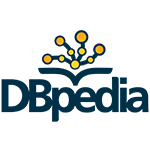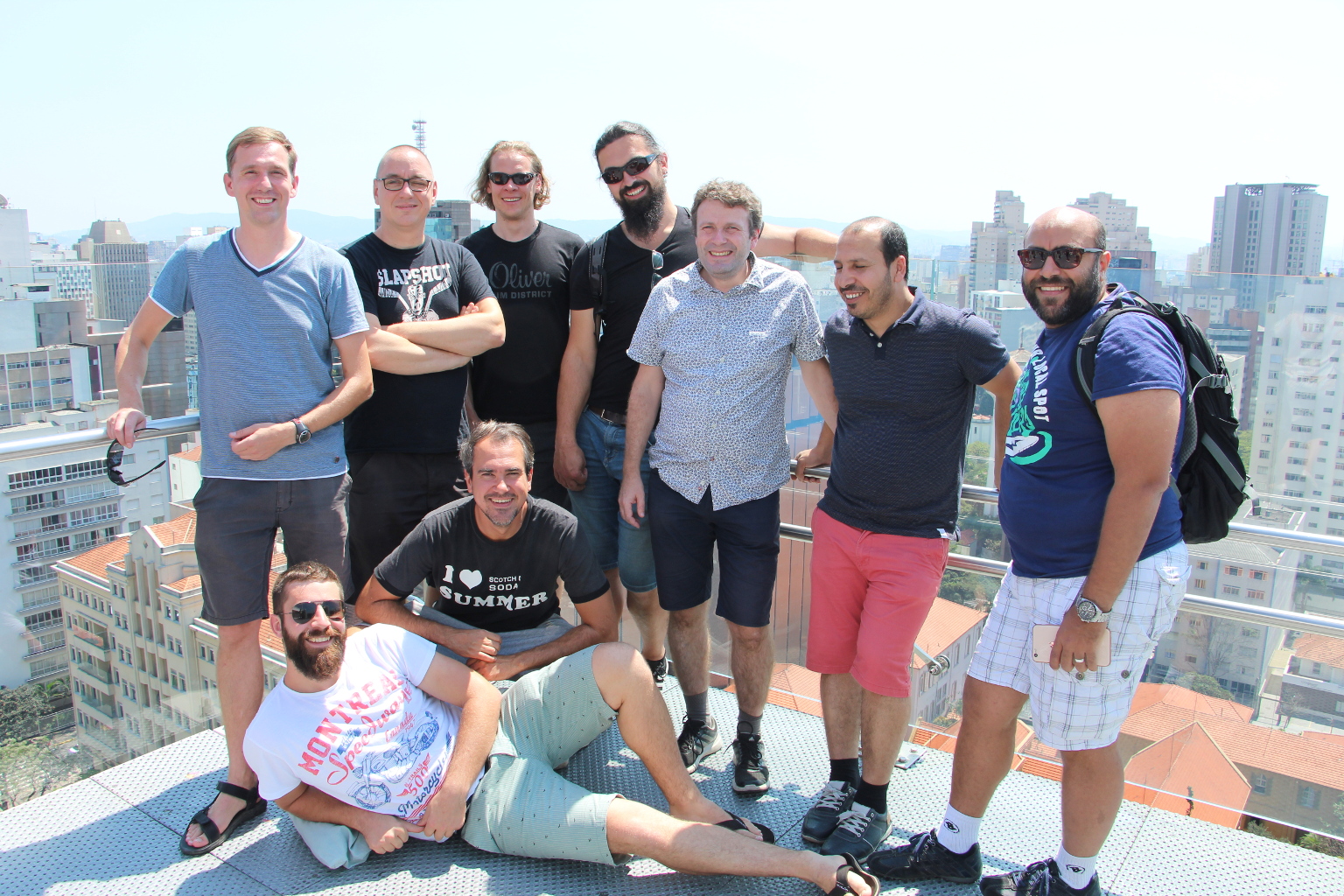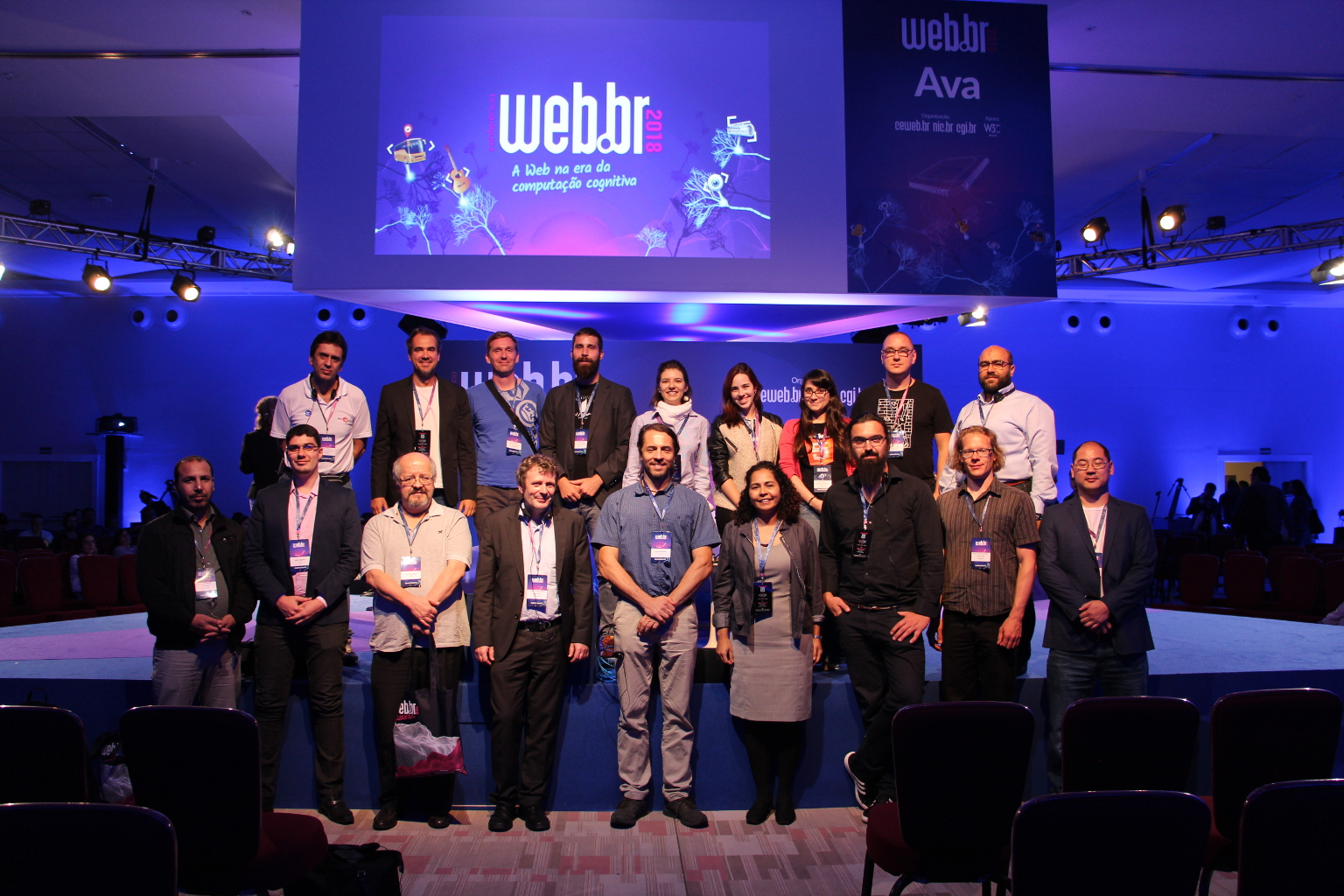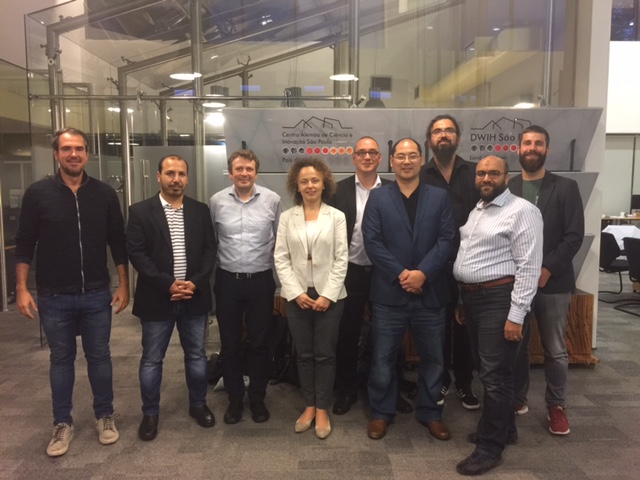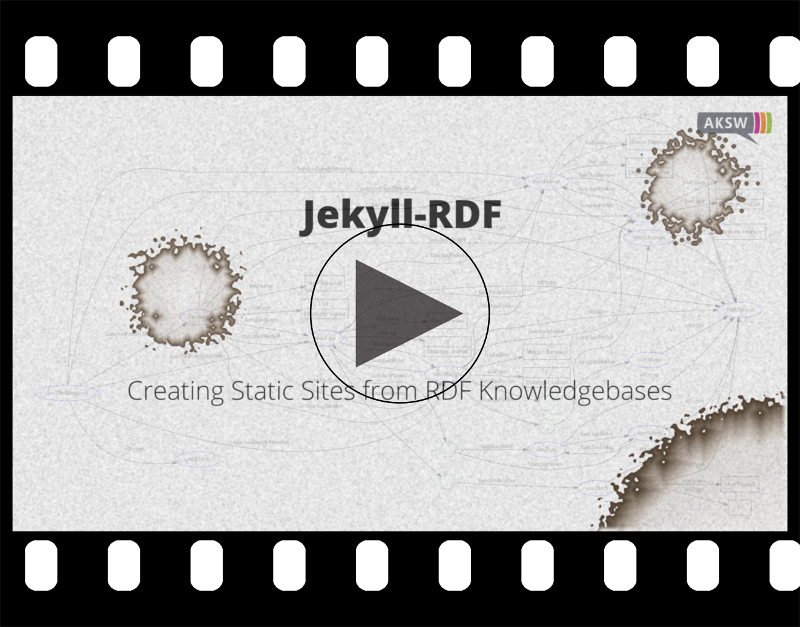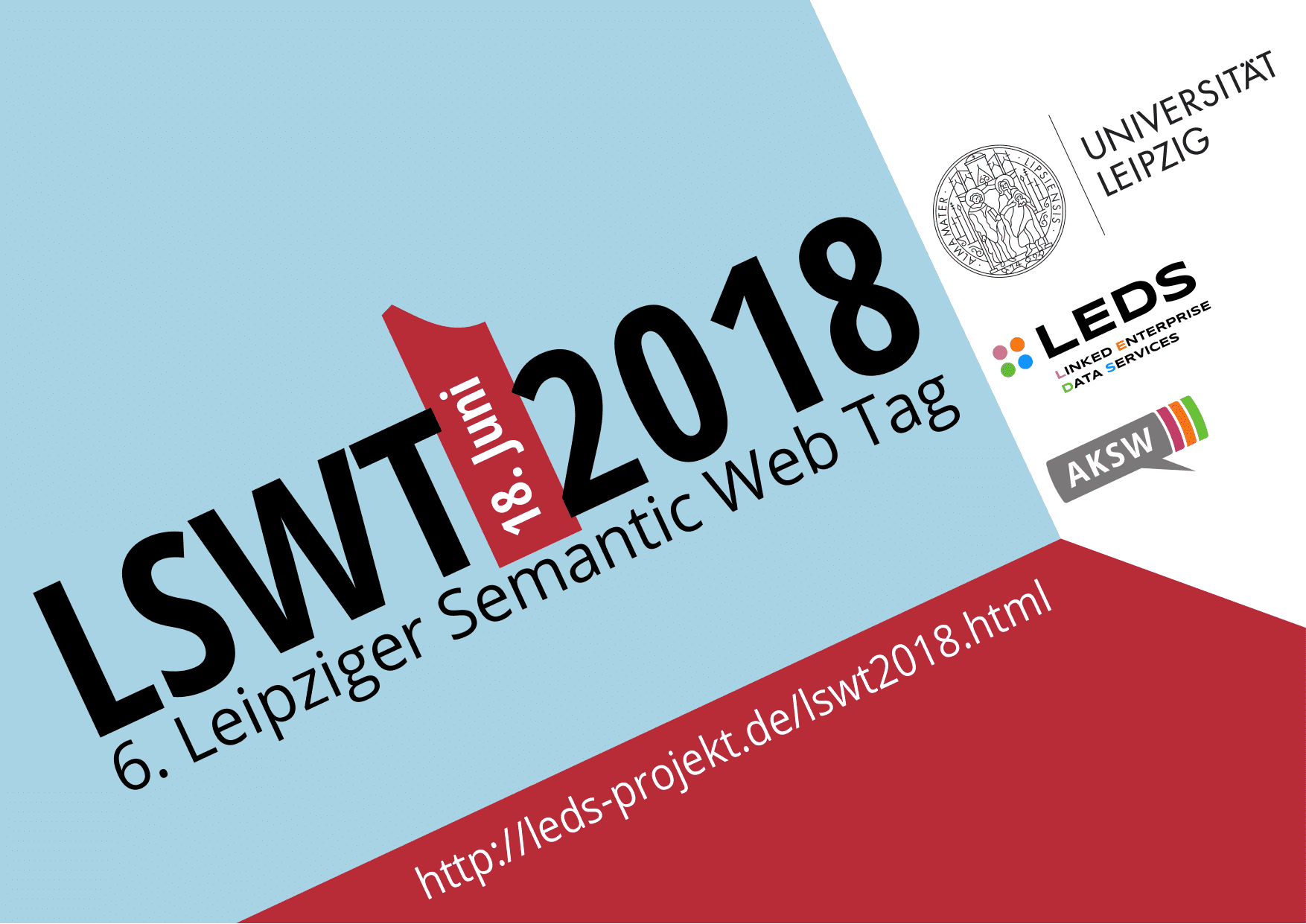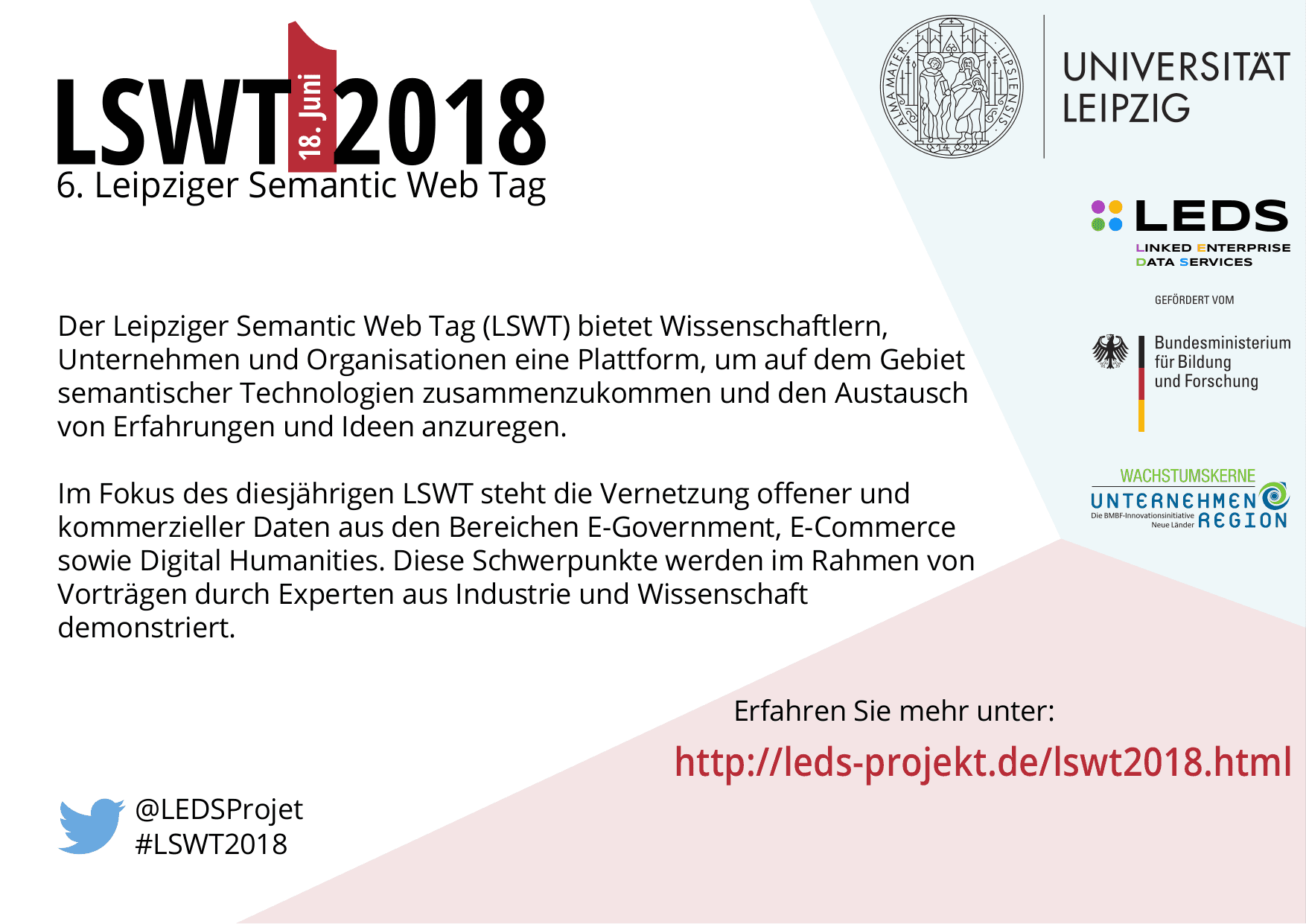 With the advent of digital technologies, an ever-increasing amount of language data is now available across various application areas and industry sectors, thus making language data more and more valuable. In that context, we are happy to invite you to join the 2nd Language, Data and Knowledge (LDK) conference which will be held in Leipzig from May 20th till 22nd, 2019.
With the advent of digital technologies, an ever-increasing amount of language data is now available across various application areas and industry sectors, thus making language data more and more valuable. In that context, we are happy to invite you to join the 2nd Language, Data and Knowledge (LDK) conference which will be held in Leipzig from May 20th till 22nd, 2019.
This new biennial conference series aims at bringing together researchers from across disciplines concerned with language data in data science and knowledge-based applications.
In that context, the acquisition, provenance, representation, maintenance, usability, quality as well as legal, organizational and infrastructure aspects of language data are in the centre of research revolving around language data and thus constitute the focus of the conference.
To register and be part of the LDK conference and its associated events, please go to http://2019.ldk-conf.org/registration/.
Keynote Speakers
- Keynote #1: Christian Bizer, Mannheim University
- Keynote #2: Christiane Fellbaum, Princeton University
- Keynote #3: Eduard Werner, Leipzig University
Associated Events
The following events are co-located with LDK 2019:
- 3rd Summer Datathon on Linguistic Linked Open Data (SD-LLOD-19) from May 12th to 17th, 2019 at the Leibniz Center for Informatics in Wadern, Germany
Workshops on the 20th May 2019
- Translation Inference across Dictionaries (TIAD)
- 3rd Workshop on Humanities in the Semantic web (WHiSe III)
- 2nd OntoLex Face to Face Meeting
DBpedia Community Meeting on the 23rd May 2019
Looking forward to meeting you at the conference!
